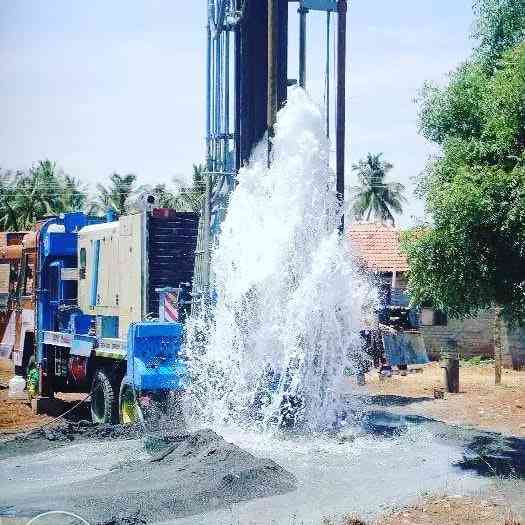
ZIMBABWE is facing a serious potable water problem. Cities are particularly hard hit. The density of people living in urban settlements means water has to always be readily available for domestic use and for sewage reticulation.
The industrial sector depends on water at a very large scale. But urban authorities are failing to provide this lifeblood due to a number of reasons, mainly dilapidated infrastructure and failure to get the chemicals needed to purify raw water from reservoirs such as dams and lakes.
To solve this problem, many households and industries have sunk boreholes in their back yards. For those who can afford it, it is a great solution to the water woes, but there is a downside to it. Authorities are not regulating the sinking of boreholes and this poses a great danger to the environment due to the depletion of underground water.
Too much extraction of underground water affects an area’s biodiversity. Our big trees that decorate and define our habitat depend on underground water.
When this water is over-mined, the water table gets lower and lower and the trees’ roots fail to reach the water resulting in their drying up. This has a huge impact on all animals, great and small, that depend on the trees either for food or shelter.
The ecological balance is upset, resulting in the destruction of an area’s biodiversity. In Harare, this is already happening in some low-density suburbs where the majority of households have drilled boreholes.
Our cities are beautiful mainly because of the huge trees that line the streets. If the water table continues to drop, there soon won’t be those beautiful jacarandas that have made our cities jewels of Africa.
Studies elsewhere have shown that unregulated sinking of boreholes dries up the soil in the top strata of the earth which may cause tremors. Some earthquakes around the world have been attributed to too many boreholes in certain places.
- Mavhunga puts DeMbare into Chibuku quarterfinals
- Open letter to President Mnangagwa
- Feature: ‘It’s worse right now than under Mugabe’: Sikhala pays the price of opposition in solitary cell
- Masvingo turns down fire tender deal
Keep Reading
But one cannot blame the households and industrial concerns that have made the decision to resort to borehole water. Local authorities should play their part in ensuring that they provide adequate water for their residents and industry. It is only when they have done this that they can regulate the extraction of underground water.
The shortage of water both for domestic and industrial use should be seen as an urgent matter that needs a lasting solution. Water is life, to use an old cliché. Local authorities should play their part in ensuring that it is available so that citizens do not resort to destructive methods of obtaining it.










